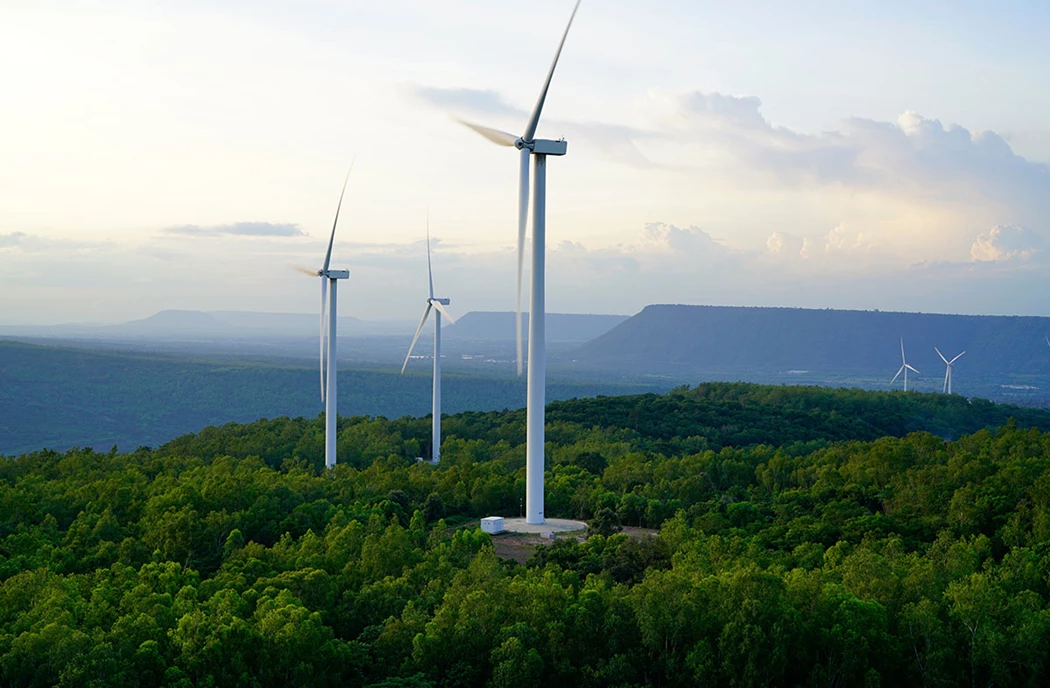A $3 Billion Plan to Bring Water to Johannesburg Hits Opposition
(Bloomberg) -- A long-delayed 53 billion rand ($3.1 billion) project that South Africa’s commercial hub is banking on to end a growing water crisis has hit fresh opposition.
Communities comprising 1,600 people have filed a formal complaint to the African Development Bank and demanded that the Lesotho Highlands Water Project II be temporarily halted. Among other issues, they say they’ve been displaced by the development and denied adequate compensation.
The AfDB, together with the New Development Bank and South African government, is financing the project, which will boost the supply of water from mountainous Lesotho to Johannesburg and its surrounds in neighboring South Africa. The AfDB lent $87 million to the Trans-Caledon Tunnel Authority, a South African state company that is overseeing the construction of a dam, a tunnel and other infrastructure.
“The physical destruction of homes, land, and health cannot be undone,” the communities said in a 32-page complaint backed by the San Francisco-based Accountability Counsel, a nonprofit that supports groups harmed by international finance. “We therefore request that a temporary suspension be imposed on the project.”
The AfDB, which is based in Abidjan, Ivory Coast, acknowledged receipt of questions but didn’t respond. Trans-Caledon didn’t reply to emailed queries while Gerard Mokone, an official at the Lesotho Highlands Water Project, declined to comment.
The Accountability Counsel has previously pursued cases from Mongolia to Nepal and Papua New Guinea. In Liberia, it successfully lobbied for an investigation into a $200 million US Overseas Private Investment Corp. finance deal for a biomass project. That led to a change in US legislation to make the organization accountable for harm caused by its investment decision.
Delays to the Lesotho project, originally due to be completed in 2019 and now set for completion in 2030, are exacerbating water outages in an area that includes Johannesburg and accounts for 60% of South Africa’s economic output. Development costs have meanwhile ballooned, fueling political criticism.
The communities, also advised by Lesotho’s Seinoli Legal Centre, listed a litany of complaints about the impact of the project in the letter to the AfDB dated Sept. 11. Those ranged from tunnel blasting damaging households, broken water pipes, inadequate information about where those displaced will be moved to and a lack of transparency on compensation.
HIV Infections
The villagers also said southern bald ibises, rare birds that attracted tourists, had left the area away and there had been a rise in teenage pregnancies and HIV infections near the contractors’ work camps.
“The AfDB has contributed to this harm by not adhering to its environmental and social safeguards,” the communities said. “We are not opposed to the project objectives. What we are opposed to is having to suffer harm in the process.”
The complaint was filed with the AfDB’s Independent Recourse Mechanism. That department has the power to recommend the suspension of a project to the AfDB’s board.
The communities said they are seeking to start a dispute-resolution process.
hereNext Africa newsletter,AppleSpotifyanywhere you listen
©2025 Bloomberg L.P.





